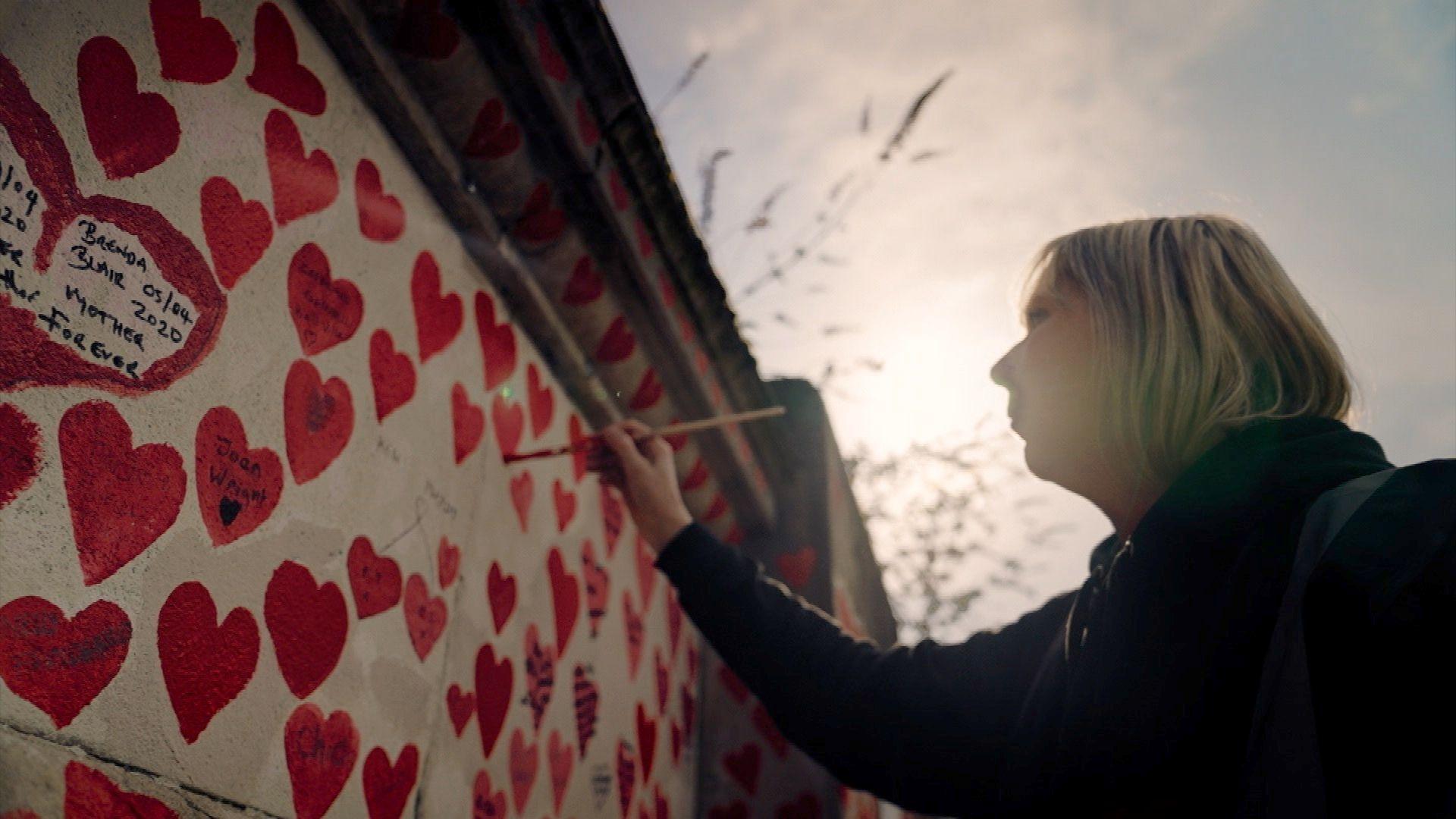Has London's cultural scene recovered from Covid lockdown?
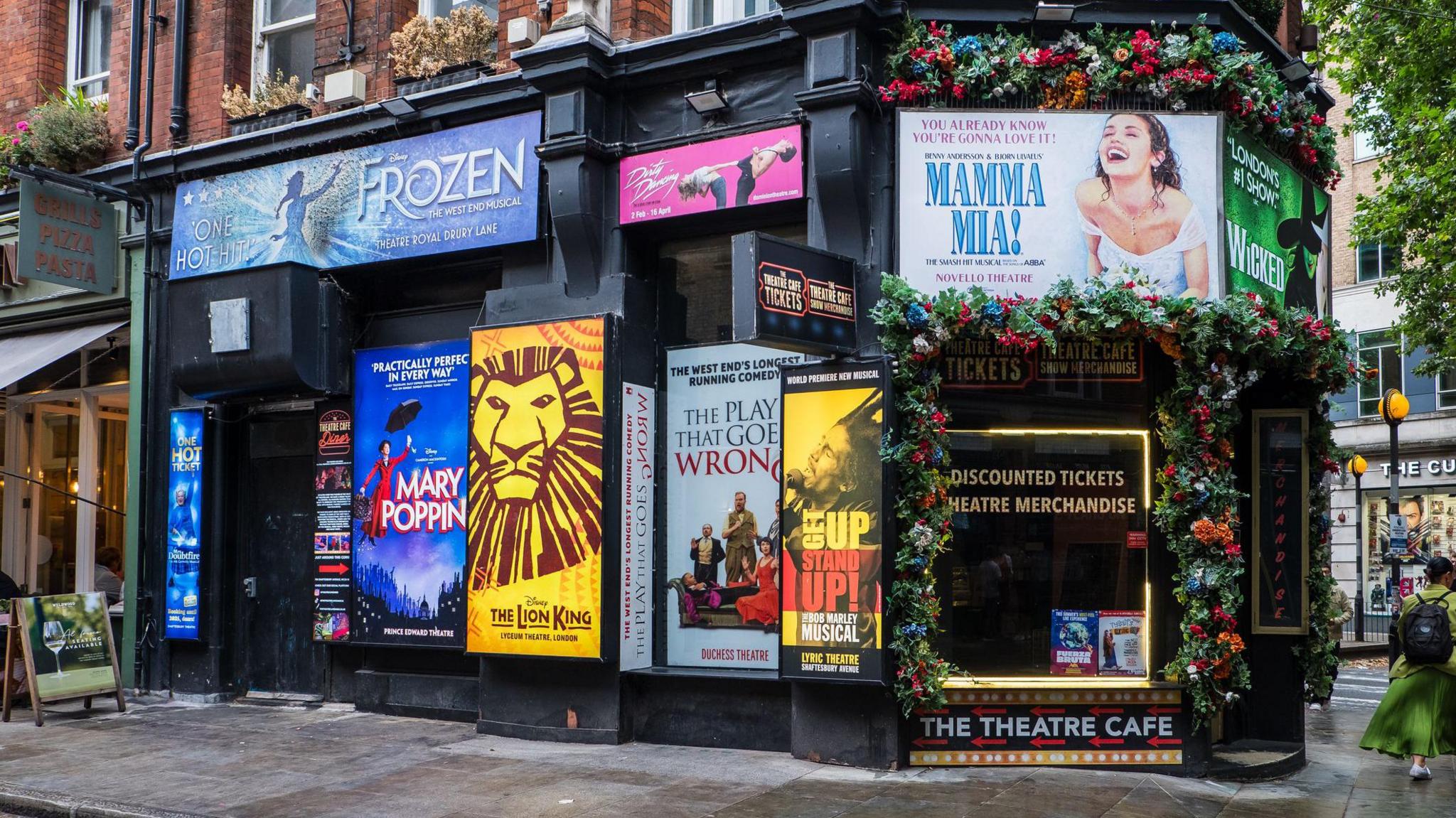
The first lockdown saw curtains go down on all of the West End's productions
- Published
London's cultural scene was among the sectors hardest hit when the first Covid lockdown began in March 2020, and five years on some in the industry say it is still finding its feet.
Those working on theatre productions were among the workers facing the most uncertainty with many on freelance contracts and not knowing when the curtains would go up again.
"It was just absolutely horrendous because we didn't know how long it was going to last," theatre producer Eleanor Lloyd said.
"The income went from a very healthy business that we'd been running here already for a year and a half, to zero income - I mean absolutely nothing."
Ms Lloyd, who produces Witness for the Prosecution on the West End, said theatres faced many false starts over the course of the pandemic which added to the uncertainty for her and her 45 employees.
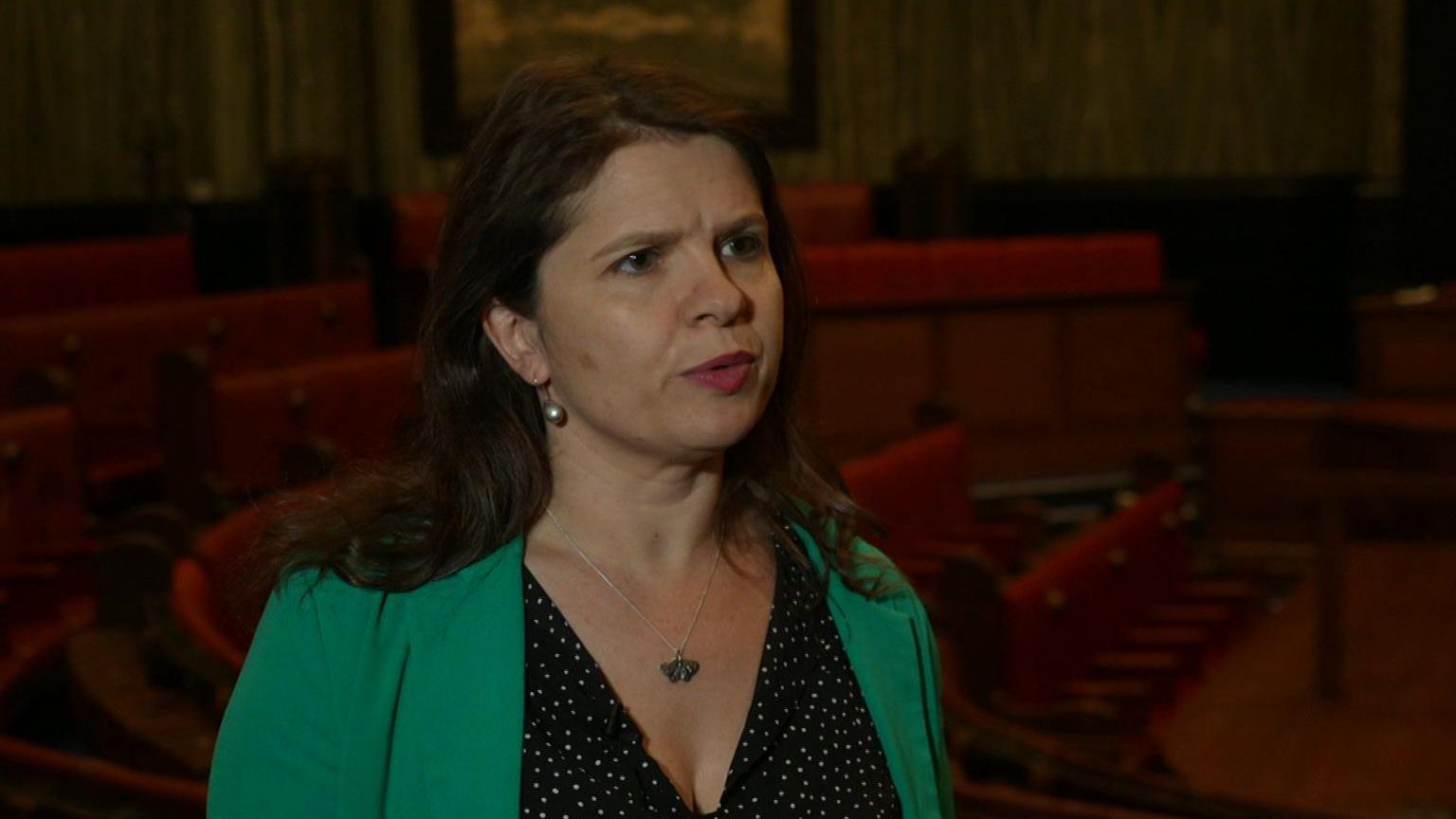
Producer Eleanor Lloyd says her income went to "zero" during the first lockdown
Some in the sector went on to find other forms of income, including actor Serene Sabah who decided to open an ice cream parlour.
"I remember having a conversation on a Zoom [call] with other theatre makers where we were being told that it might be that we never go to their theatre again," she said.
"Will it ever come back?"
Despite being among the hardest hit, theatre-goers did come back and relatively quickly, with numbers surpassing pre-pandemic as soon as 2022, according to the Creative Industries Council., external
With the creative industries generating £50bn a year for London's economy, the lockdowns had much wider knock-on effects across the city.
Justine Simons, City Hall's deputy mayor for culture, told BBC London that "culture had long-Covid".
"A lot of the industry had to take on debt," she said.
"There were a lot of job losses. This is an industry that's a very freelance industry, lots of small businesses and they were the types of businesses and jobs that got hit really hard."
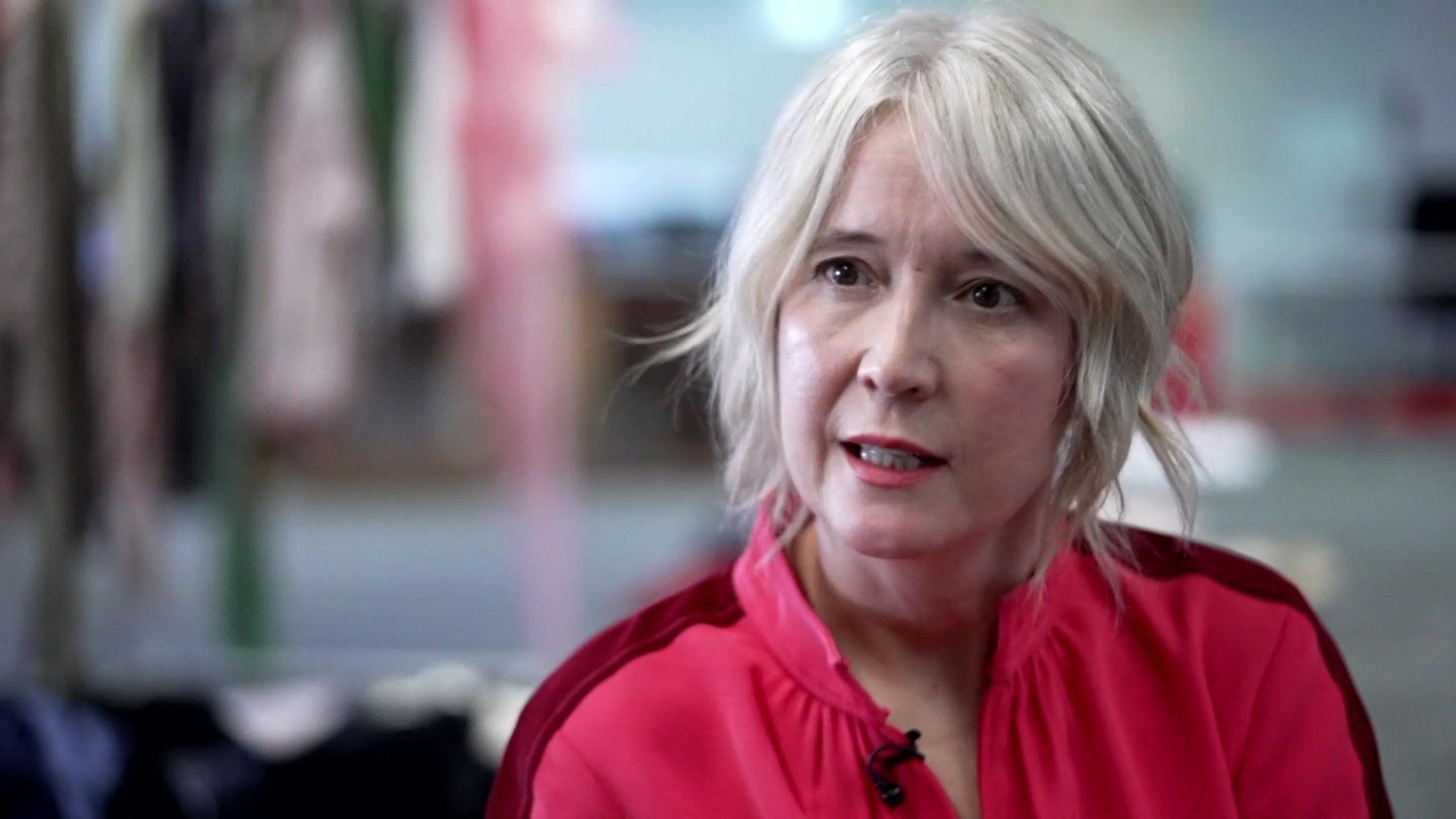
Justine Simons says City Hall is investing £10m in London's creative sector
She said City Hall is investing £10m to help boost the sector to "help it to continue to recover".
Michael Kill, the chief executive of the Night Time Industries Association (NITA), said: "I don't think we've been given a chance to recover."
He said the nightlife industry has moved from the challenges of lockdowns into a "cost of operating crisis" because of the rising costs, such as energy, and the rises in employer's national insurance contributions and the national living wage, which takes affect from 1 April.
"Many of them have just never had a chance to really get sight or of a recovery," Mr Kill added.

Barth Rougier says he wants to "shine a light on the culture and socialising spaces"
While the nightclub industry has been in overall decline in recent years, the owner of a recently opened venue in Kensington, west London, is more optimistic.
Barth Rougier said: "We are witnessing a real positive culture shift where people are really begging for more spaces, more spaces to communicate with others and socialise.
"The headlines have been negative over the past few years.
"Places are shutting down, venues are shutting all around the UK and I think it's time we all took responsibility and come together and shine a light on the culture and socialising spaces."
Listen to the best of BBC Radio London on Sounds and follow BBC London on Facebook, external, X, external and Instagram, external. Send your story ideas to hello.bbclondon@bbc.co.uk, external
- Published23 March

- Published19 March
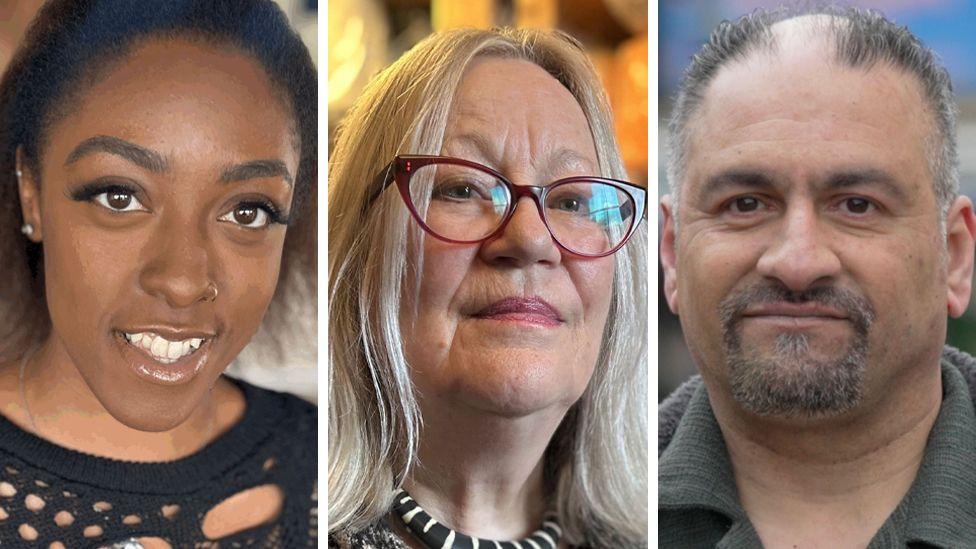
- Published17 March
